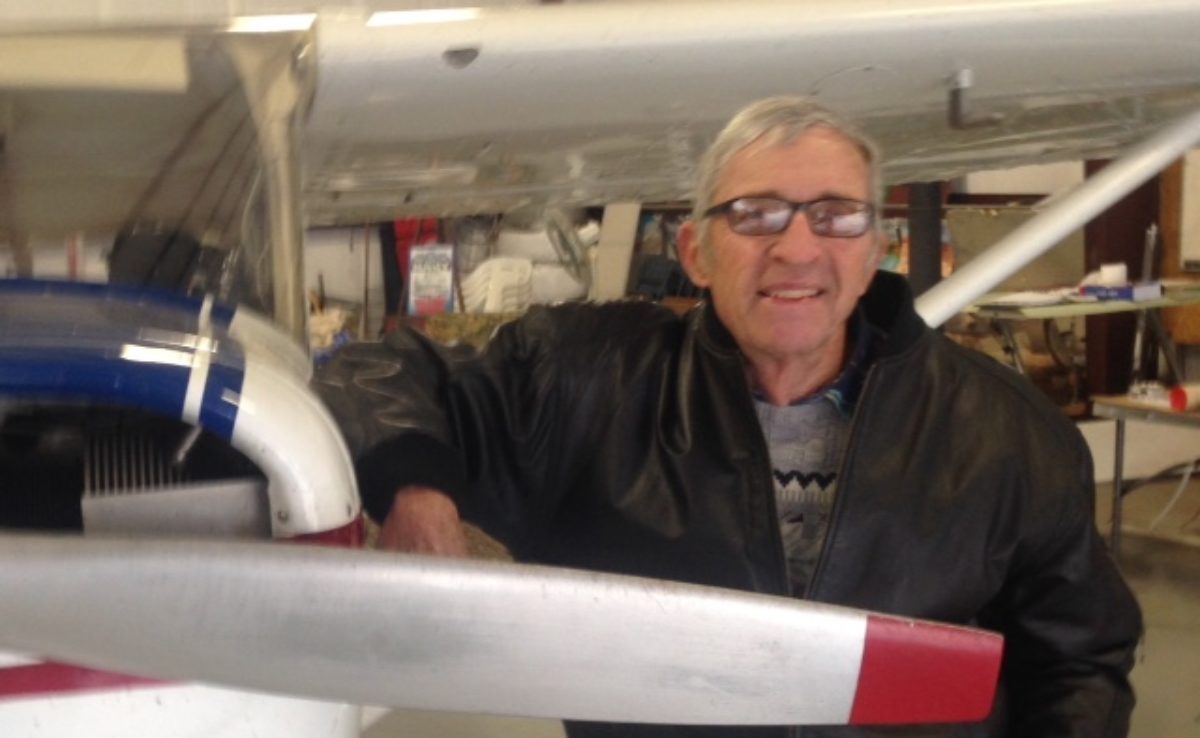Christian or Christ Man, which is it? Let me offer my description. A Christian is one who professes to be a follower of the teachings of the A New Testament Gospel of Jesus Christ. Typically, this Christian is affiliated with one or more of the many Christian based religious groups.
A “Christ Man” is one who seeks and commits his being to become a physical manifestation of the eternal essence of the Universe. This individual may or may not declare himself to be a Christian. The New Testament Gospel quotes Jesus in John 14:6 “Jesus saith unto him, I am the way, the truth and the life. No man cometh into the Father but by me.” He also states in John 14:10, “Do you not believe that I am in the Father and the Father is in me? The words I speak are not my own, but my Father who lives in me and does his work through me.”
Jesus was a historical man. Jesus Christ was the perfect embodiment of God, the eternal presence of the Universe. Hence, “Christ” is the definition of the wholeness of God in mankind. The “Christ Man” is the imperfect embodiment of the eternal essence of the Universe. How can I state this? Genesis 1:26 provides, “Let us make mankind in our image, in our likeness, so that they may rule over the fish in the seas and the birds in the sky, the livestock, all the animals on the Earth, and the small animals that scurry along on the ground.”
I take these scriptures to mean that we were conceived and destined to carry the nature of God, himself, to this Earth in a limited physical presence. Of course, our limited vision and our self conceived individual separateness has often caused us to circumvent the intentions God would have for us in this life; the truly intended “Christ”. Finally, Jesus declares in John 14.12, “Very truly I tell you, whoever believes in me will do the worlds I have been doing, and they will do even greater things than these, because I am going to the Father.” The true “Christ Man” is emboldened with the eternal presence of the Universe.
The definition of the “Christain” and the “Christ Man” are not mutually exclusive. The Christian can be a Christ Man; and the Christ Man can be a Christain. The teachings of Christianity generally proclaim the concept of the Christ Man. However, Christian religious organization and hierarchy deal with myriads of issues regarding ritual, rites, benevolence, protocol, acceptance of recorded miracles, tradition, and the conduct of the body of the Church. The basic tenant of living the “Christ” life is part of the mix.
The Christ Man may or may not be a professed Christian. This person may not claim to even know what is meant by the “Christ” lived life. Yet, he seeks and commits his living to become a physical manifestation of the eternal essence of the Universe. This is a clear definition of the “Christ”.
It might be interesting to note that most of the world’s religious teachings profess to similar spiritual endeavors as those stated here. A quick study of the essence of those Faith’s will confirm this statement.
Essentially, regardless of the Christ Man’s background and regardless of how he terms this spiritual faith, he has found “I am the way, the truth, and the life…”.
As far as I’m concerned, this perspective places all viable faiths on similar playing fields.
Could it be that world faith religious teachings share significant commonality? The divergence and differences noted in past history may possibly be rooted in the perspective of the interpretations of writings and teaching, and not necessarily in substance!
Every faith journey has lessons that can be valued by other faith endeavors.
Perhaps it’s time to embrace the diversity of spiritual growth? A new synergy may actually abide in there somewhere.
